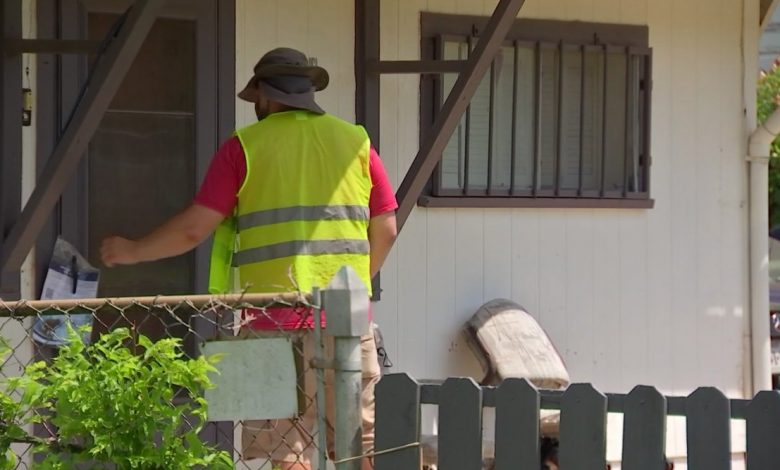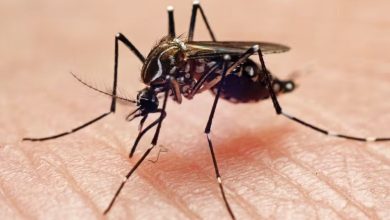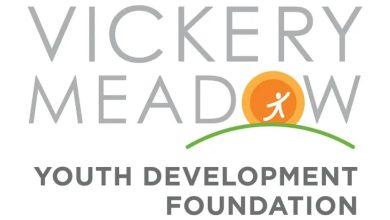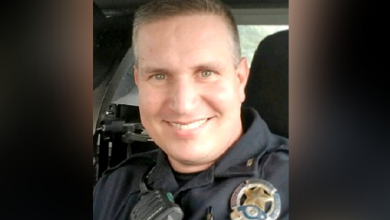Fort Worth door-to-door information about Covid-19 vaccine, 40 employees visiting homes

Fort Worth, TX – Fort Worth staffers started door-to-door activity to inform the residents about Covid-19 vaccines. Staffers will inform the locals in neighborhoods with lower vaccination rates in the upcoming period.
The team includes roughly 40 temporary city employees and the whole program is led by Fort Worth Code Compliance. Their target is to properly inform the residents about the vaccines and dispel misinformation. City employees are called vaccine site assistants and will go door to door and share flyers.
The flyers include a scannable code to register for an appointment and information in English and Spanish.
Brandon Bennett, the public health officer and director of Fort Worth Code Compliance, said crews knock on as many as 2,000 doors each day. In the past 30 days, they have reached 47,000 homes and given out about 80,000 flyers.
On Friday, some groups were canvassing East Fort Worth. Bennett said some pockets of the community there have vaccination rates as low as 20%.
“There’s still a lot of people that think there’s a microchip that gets injected or there’s some type of tracking or traceability that is left behind with the vaccine. Of course, none of those are true,” Bennett said. “Facebook and some of the other social media outlets that have a lot of misinformation on them. You shouldn’t be relying on them to make a good healthy decision for you and your family.”
Alejandra Vargas, the consumer health specialist with Fort Worth Code Compliance, said there are also misconceptions about costs associated with vaccines.
“Some people don’t even know that the vaccination is free. They think they have to pay for it or need insurance, which they don’t need it,” Vargas said.
As of this week, 31% of Tarrant County residents have received at least one COVID-19 vaccine dose and 26% of residents are fully vaccinated, according to Tarrant County Public Health.
Bennett said while misinformation is one barrier the city is trying to overcome, there’s also a lack of overall motivation from the public to get vaccinated.
“They feel like the numbers are so low and there’s enough hospital beds available, that they’re going to be OK,” he said. “That’s probably the worst assumption for someone to make, because COVID-19 is not going away today, tomorrow, or anytime in the near future.”
While the choice to vaccinate is ultimately up to every individual person, Bennett said the hope is to provide people with the proper information in order for them to make a decision.
The canvassing operation is funded by the CARES Act. Canvassers are expected to continue operations at least through June.





